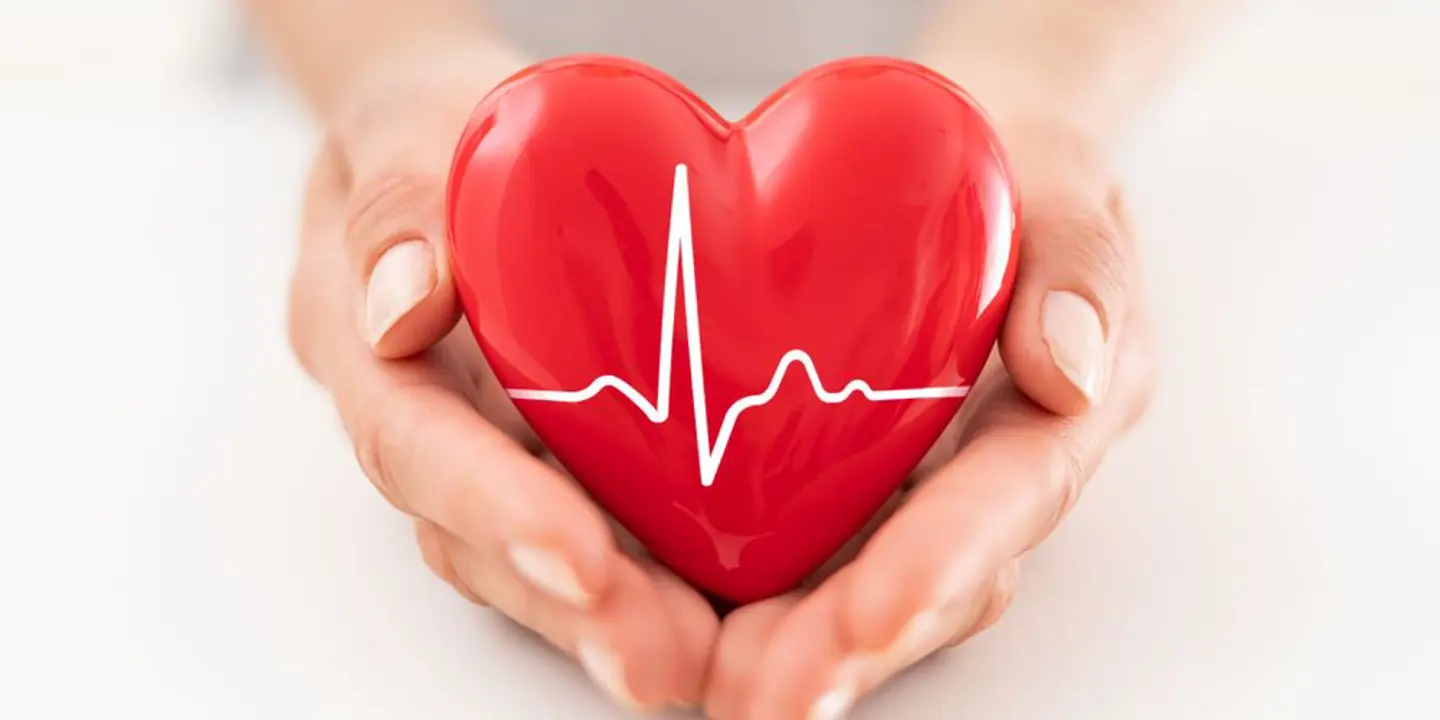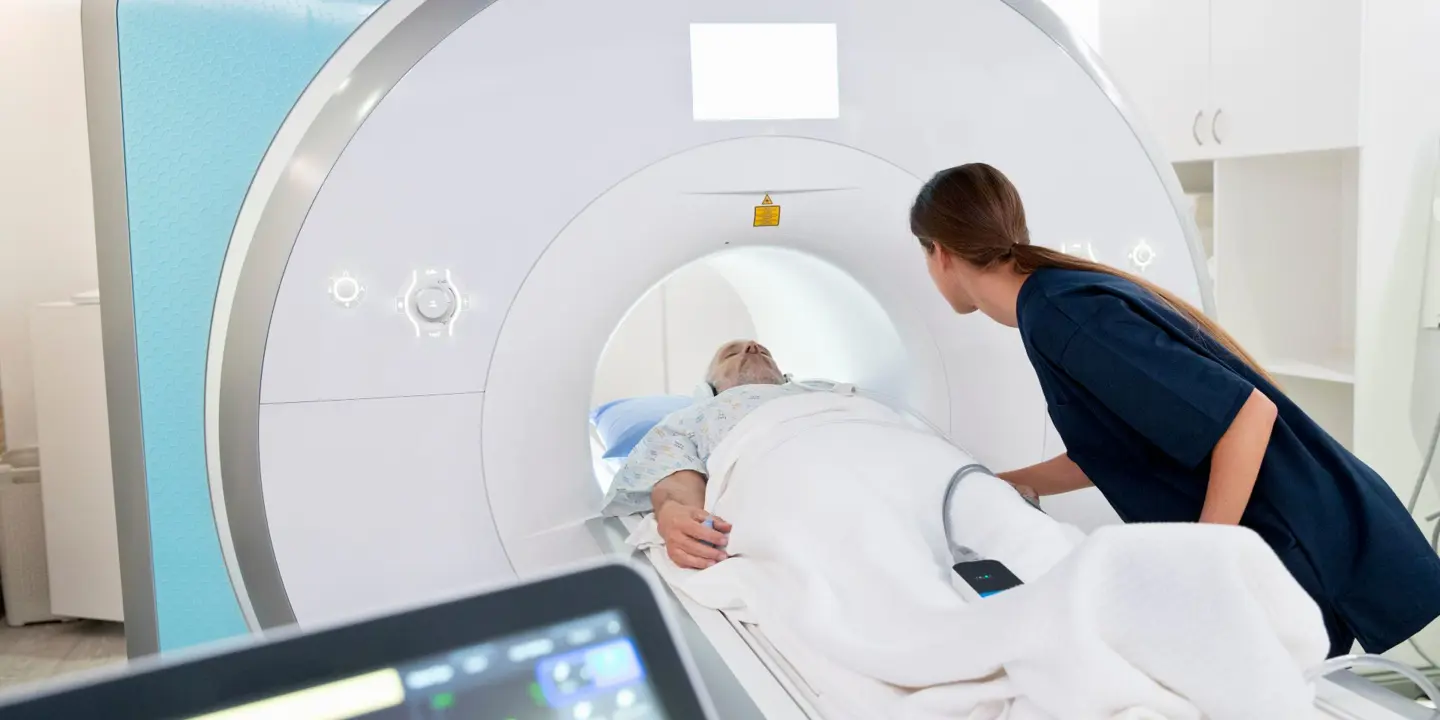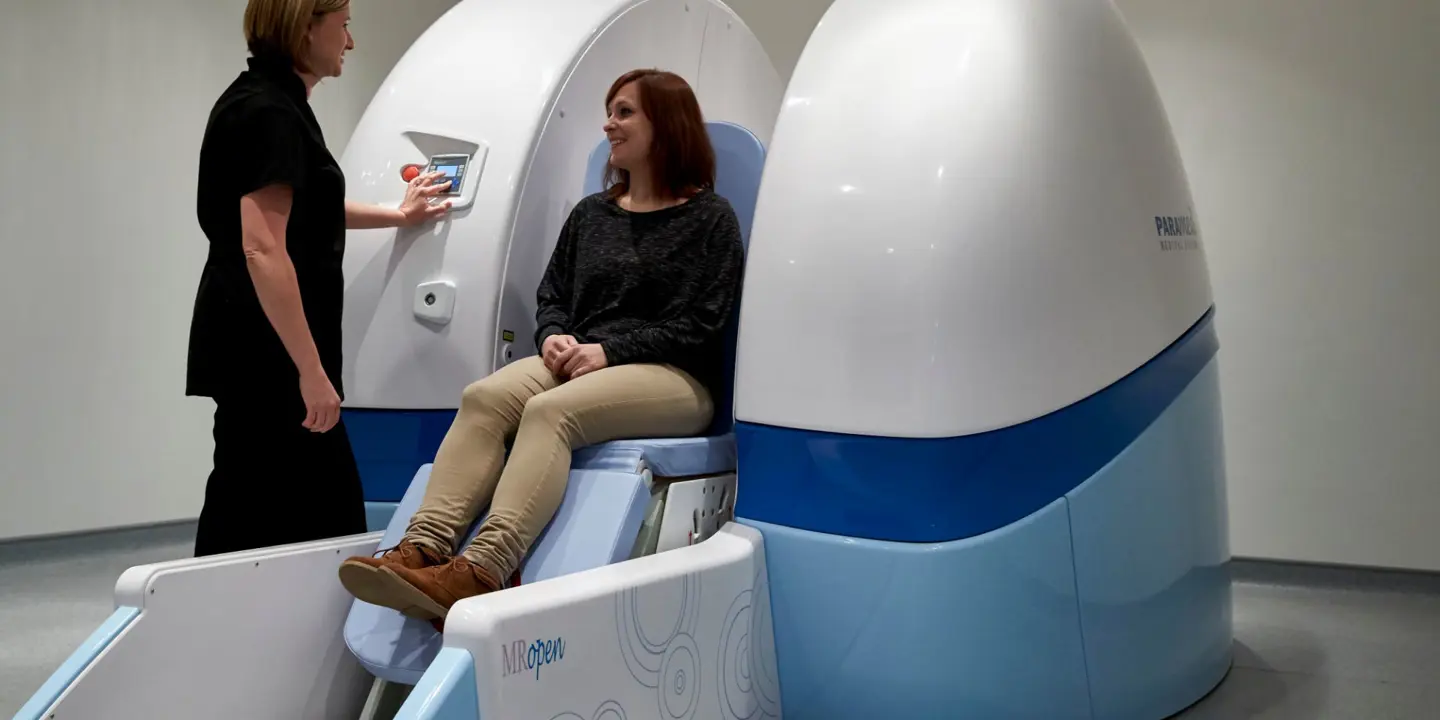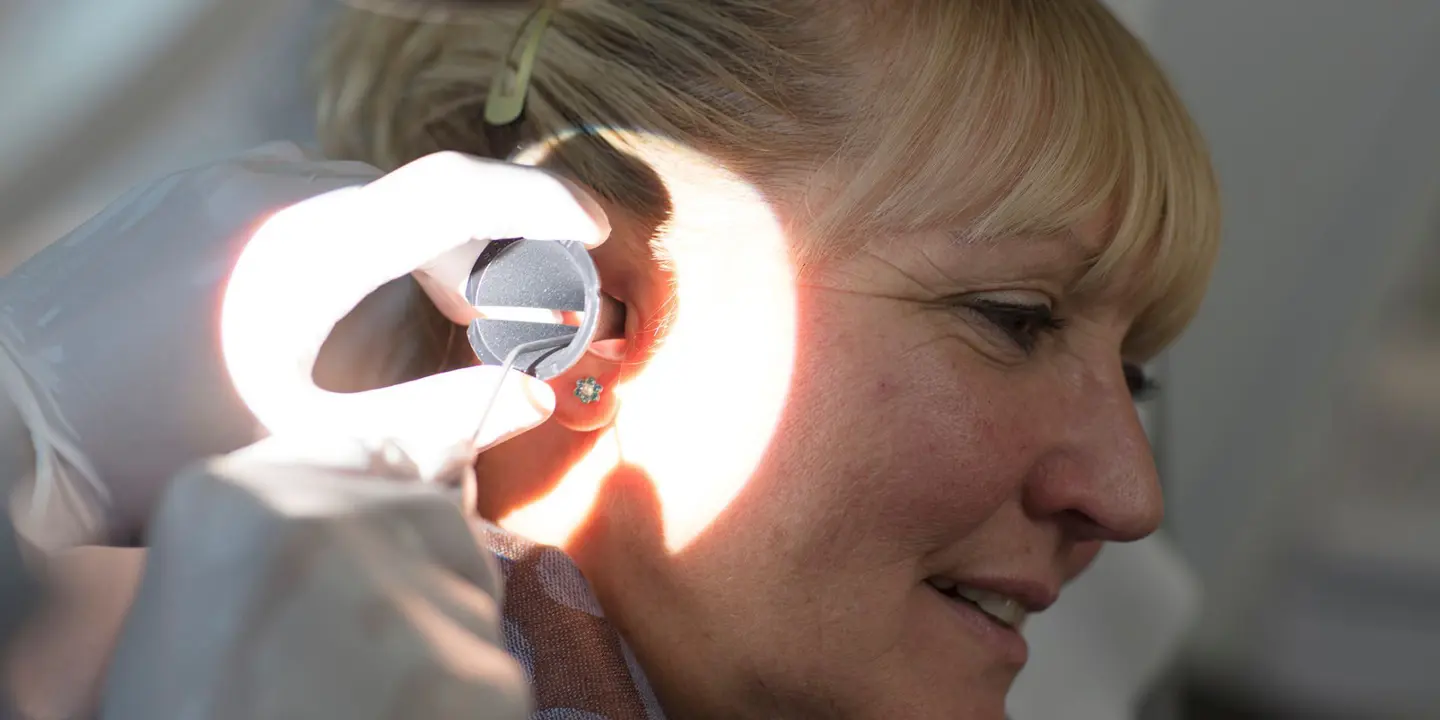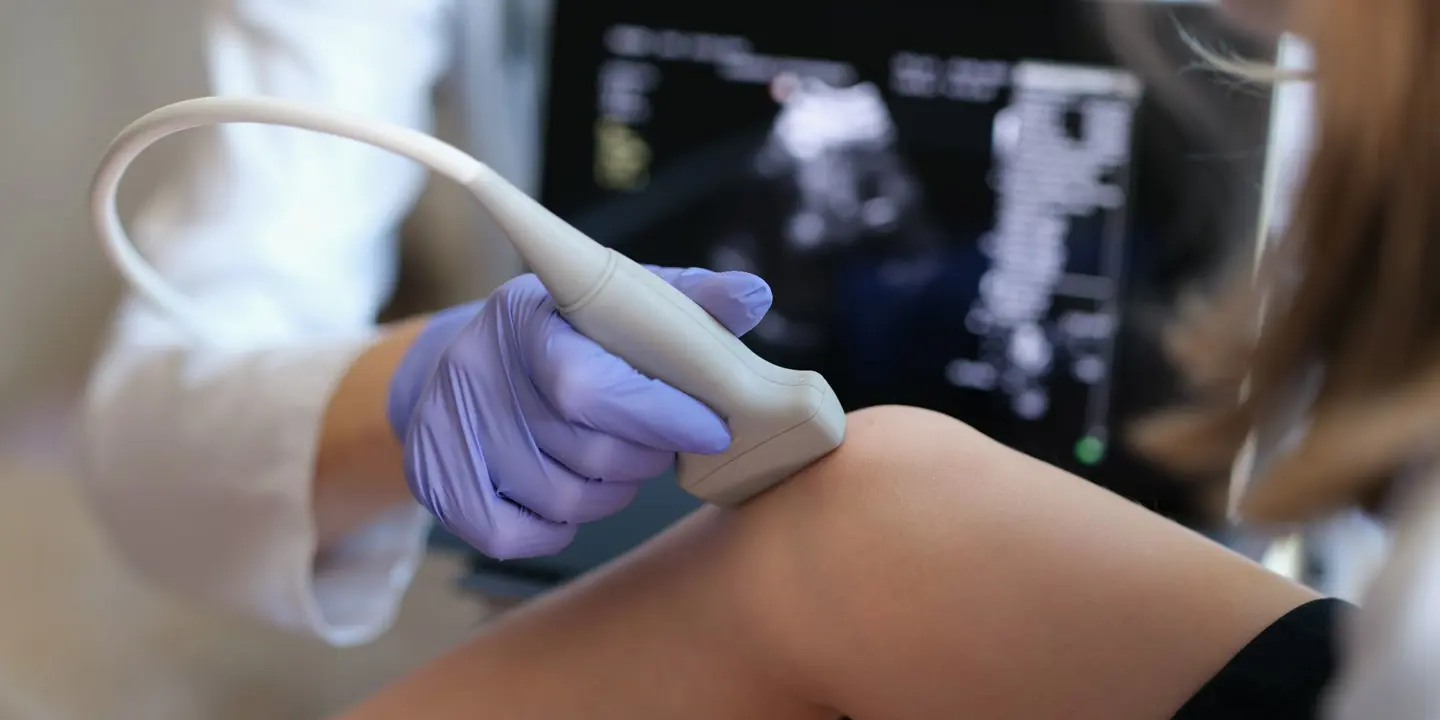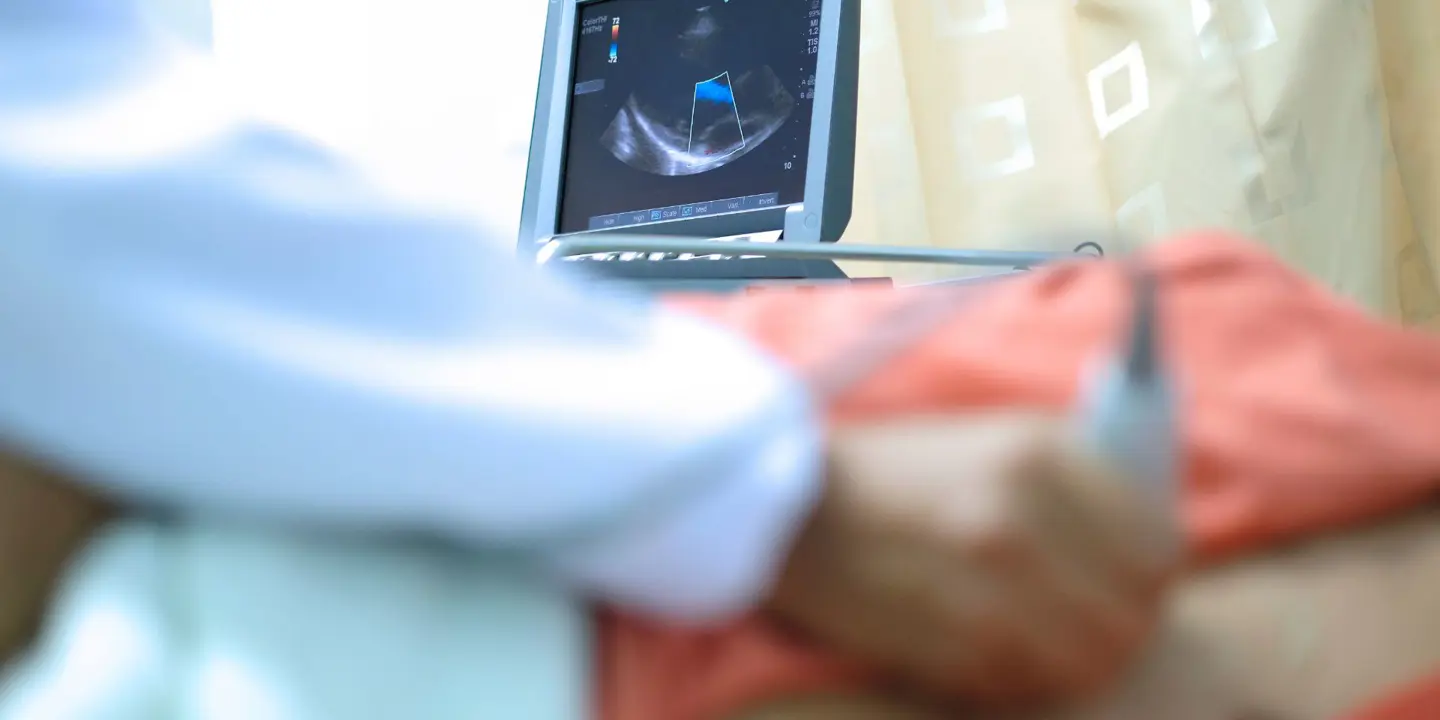The heart is roughly the size of a fist, but it is one of the strongest muscles in the body. It is also one of the most vital, and that alone is reason enough to strive to improve and maintain heart health.
In the UK, over a quarter of deaths is due to heart disease and about 7.6 million people are living with heart and circulatory diseases. These numbers reveal that there’s so much for the public to learn about heart health and ways to reinforce heart-healthy habits.
Vista Health hopes to provide guidance and information on how to care for the heart and avoid cardiovascular diseases.
The Heart: An Overview
The human body has about five litres of blood. Electrical signals from the brain cause the heart’s four chambers to contract and expand in a perfectly timed rhythm, effectively circulating the blood throughout the body three times in one minute. Together with the blood vessels, these three make up the cardiovascular system.
The main functions of the cardiovascular system are to deliver oxygen and nutrients all over the body as well as carry carbon dioxide and waste products to the lungs, kidneys and the colon for exhalation and excretion.
Problems arise when there are irregularities in the heart’s functions.
Common Heart Diseases
Here are some of the most common forms of cardiovascular diseases (CVDs):
- Coronary Heart Disease - This condition occurs when something blocks or reduces the flow of oxygenated blood anywhere in the body. Coronary heart disease can lead to angina, heart attack and heart failure.
- Stroke - A stroke or transient ischaemic attack (TIA) happens when blood flow to the brain stops. Immediate medical attention is crucial because an oxygen-deprived brain can sustain significant and irreparable damage.
- Aortic Disease - This refers to conditions involving the aorta, or the largest blood vessel in the body. Aortic diseases are dangerous because they don’t have symptoms and can cause the aorta to burst.
- Peripheral Arterial Disease - This disease is characterised by blocked arteries in the arms and legs, causing cramps, numbness, hair loss and skin ulcers on the legs and feet.
Tips for Maintaining a Healthy Heart
People can develop heart diseases if they have a family history of CVD. Some are born with pre-existing heart conditions. But even they have a chance to avoid CVD.
Here are some of our highly recommended healthy heart tips:
- Do not smoke or give up smoking. Smoking increases the risk of heart disease by promoting clotting and plaque formation in the blood vessels.
- Maintain a balanced, heart-friendly diet. This means eating more fibre-rich food like oats, wholegrain cereals, fruits and vegetables. Most importantly, cut down on food high in saturated fat like bacon, high-fat dairy products and fast food.
- Exercise regularly. Inactivity can cause fat deposits to build up in arteries and cause a heart attack or stroke.
- Manage your weight. Obesity also leads to high blood pressure, which is one of the causes of heart attacks.
- Reduce your alcohol consumption. Similar to obesity, heavy drinking can also lead to high blood pressure, cardiomyopathy, heart failure and stroke.
- Manage your blood sugar levels. Diabetes has long been proven to increase the risk of coronary heart diseases.
- Have your heart checked by a doctor regularly. Early detection is crucial to treating heart diseases, and regular check-ups can reveal potential heart-related problems.
The Importance of Regular Heart Scans
Routine heart scans and tests can uncover underlying heart conditions and reveal when you are at risk of CVD. It’s important to have them regularly because the findings will guide you on what to do to avoid contracting heart diseases.
You can have your annual heart tests and scans done at Vista Health. We have fully-equipped clinics in London where you can have a cardiac MRI scan and an ECG test. We also offer echo scans or echocardiograms in our 17 of our 50 locations all over the U.K. You can even self-refer for an Echocardiogram and go on to book your appointment online.
Wherever you consult with a cardiologist, if there is a Vista Health clinic nearby, you may just get a referral for our testing and scanning services.
Get Accessible and Dependable Heart Services from Vista Health.
Vista Health is a leader in providing specialist diagnostic tests and services for private healthcare facilities. We work with physicians and the country’s major insurers in providing reliable and accurate diagnostic services to the public.
Get accurate findings on your heart’s health status at Vista Health. Contact us to enquire about availability and to book your scans and tests at your nearest location.

